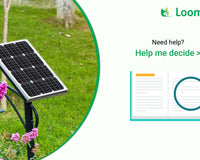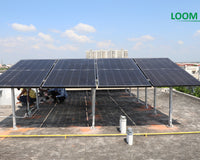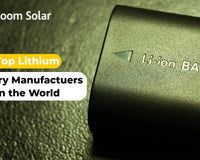Lithium-ion batteries are considered one of the more efficient energy storage systems available today for several reasons:
-
High Round-Trip Efficiency: Lithium-ion batteries typically have round-trip efficiencies ranging from 85% to 95%. This means that when you charge the battery with electricity, and then discharge it to use the stored energy, you get back a high percentage of the energy you put in.
-
Fast Response Time: Lithium-ion batteries can respond quickly to changes in demand, making them suitable for applications where rapid power delivery is important, such as electric vehicles and grid stabilization.
-
Long Cycle Life: High-quality lithium-ion batteries have a long cycle life, meaning they can be charged and discharged many times without significant degradation in performance. This makes them durable and cost-effective over the long term.
-
High Energy Density: Lithium-ion batteries offer a high energy density, meaning they can store a significant amount of energy in a relatively small and lightweight package. This makes them suitable for portable electronic devices, electric vehicles, and other applications where space and weight are important considerations.
-
Low Self-Discharge: Lithium-ion batteries have a relatively low self-discharge rate compared to some other battery chemistries. This means they can hold their charge for an extended period when not in use.
-
Variety of Applications: Lithium-ion batteries are versatile and can be used in a wide range of applications, from small consumer electronics to grid-scale energy storage.
While lithium-ion batteries are efficient and widely used, it's important to note that their efficiency can be affected by factors such as temperature, charge/discharge rates, and the specific chemistry and design of the battery. Additionally, their environmental impact, including the mining and disposal of lithium-ion batteries, is a topic of concern, and efforts are ongoing to improve their sustainability.












